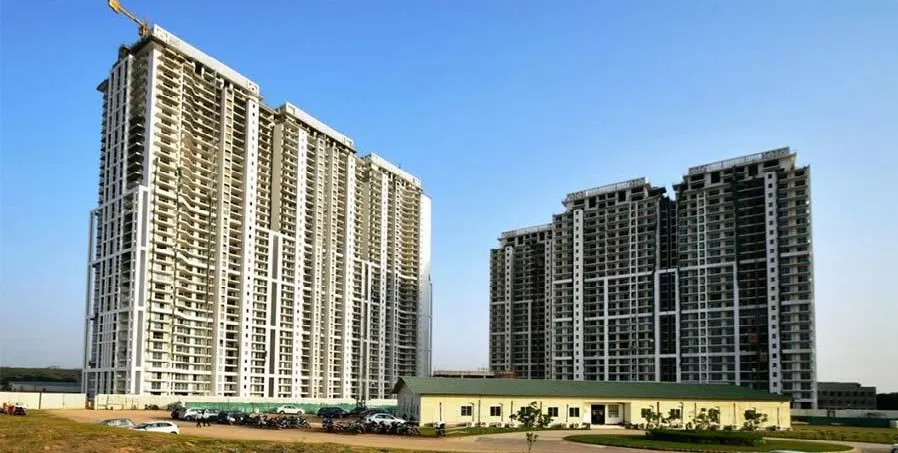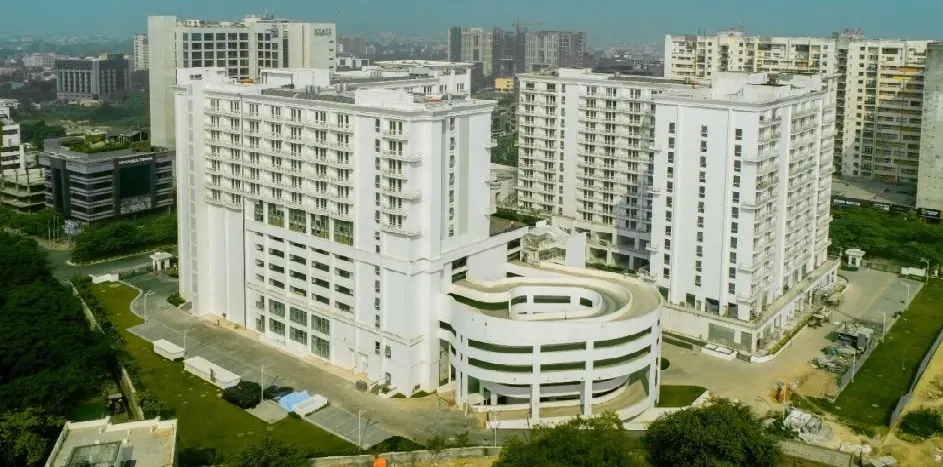The real estate giant, DLF, has once again made headlines with its ambitious plans to invest a staggering Rs 17 billion in a shopping mall project in Gurgaon, Haryana. This significant investment is poised to not only transform the retail landscape of the region but also serve as a testament to the resilience and potential of India’s retail sector. In this blog post, we will delve into the details of this game-changing investment, its implications for Gurgaon, and the broader context of the evolving retail industry in India.
DLF’s Investment in Gurgaon Shopping Mall
DLF, India’s leading real estate developer, recently announced its plan to invest Rs 17 billion in a new shopping mall project in Gurgaon. The project is set to span an impressive 2.5 million square feet, making it one of the largest malls in India. This significant investment reaffirms DLF’s commitment to the retail sector and its belief in the growth potential of the Gurgaon market.
Key Highlights of the Investment:
- Size and Scale: The scale of the project is massive, with 2.5 million square feet of retail space. It will house a diverse range of shopping outlets, dining options, entertainment facilities, and more, offering a comprehensive shopping and leisure experience.
- Strategic Location: The shopping mall is strategically located in the heart of Gurgaon, ensuring easy accessibility for residents and visitors alike. Gurgaon’s status as a corporate and residential hub further enhances the project’s appeal.
- Elevated Shopping Experience: DLF aims to create a world-class shopping experience, complete with international and domestic brands, cutting-edge technology, and innovative design. The mall is expected to set new standards in retail excellence.
- Employment Opportunities: Such a large-scale project is likely to generate significant employment opportunities, both during its construction phase and upon completion. This will have a positive impact on the local economy.
- Timing and Confidence: DLF’s investment in a shopping mall of this magnitude is a testament to its confidence in the retail sector’s post-pandemic recovery. The timing of this investment reflects DLF’s forward-looking approach.
Implications for Gurgaon
DLF’s investment in the Gurgaon shopping mall has several implications for the city and its residents:
- Economic Growth: The project is expected to contribute significantly to Gurgaon’s economic growth. It will attract shoppers and visitors from neighbouring areas, boosting local businesses and creating new opportunities.
- Job Creation: The mall’s construction and subsequent operation will generate jobs across various sectors, including retail, hospitality, and security. This is a welcome development in a city known for its employment opportunities.
- Retail Evolution: Gurgaon’s retail landscape is poised for a transformation with the addition of this massive shopping mall. It will offer a mix of brands and experiences, catering to the evolving preferences of consumers.
- Increased Footfall: The mall is likely to become a key attraction, drawing people from not only Gurgaon but also from Delhi and other NCR regions. Increased footfall can drive business for retailers and boost the local economy.
- Infrastructure Development: Large-scale projects like this often spur infrastructure development in their vicinity. Improved roads, public transportation, and other amenities may follow, benefiting the entire community.
India’s Retail Sector: Post-Pandemic Resilience
DLF’s substantial investment in a shopping mall is indicative of the retail sector’s resilience in India, particularly in the wake of the COVID-19 pandemic. While the pandemic initially posed significant challenges to the retail industry, it also accelerated certain trends and adaptations that are shaping its future:
- E-commerce Integration: Retailers have increasingly embraced e-commerce and omnichannel strategies to cater to changing consumer preferences. The blending of online and offline shopping experiences is now a prominent feature of the retail landscape.
- Safety Measures: The pandemic has underscored the importance of safety and hygiene in retail spaces. Shopping malls are implementing robust health and safety measures to reassure customers and build trust.
- Consumer Experience: Retailers are focusing on enhancing the in-store shopping experience, offering personalized services, interactive displays, and entertainment options to engage and retain customers.
- Local and Sustainable: There is a growing emphasis on supporting local brands and sustainable products. Retailers are aligning with these trends to meet the demands of conscious consumers.
- Phygital Retail: The integration of physical and digital retail experiences, often referred to as “phygital,” is gaining momentum. This approach combines the convenience of online shopping with the sensory experience of in-store shopping.
- Community Engagement: Retail spaces are evolving into community hubs, hosting events, workshops, and cultural activities to engage with the local population and foster a sense of belonging.
DLF’s Rs 17 billion investment in a Gurgaon shopping mall is a significant milestone for both the real estate developer and the retail sector in India. It reflects DLF’s confidence in the recovery and growth of the retail industry post-pandemic and its commitment to delivering a world-class shopping experience. This investment is not just about bricks and mortar; it represents a revitalized vision for the future of retail. It demonstrates how retail spaces are evolving to meet the changing needs and preferences of consumers in the digital age. As the Gurgaon shopping mall takes shape and opens its doors to shoppers, it is likely to be a testament to India’s resilience, innovation, and unwavering consumer spirit in the face of adversity.


